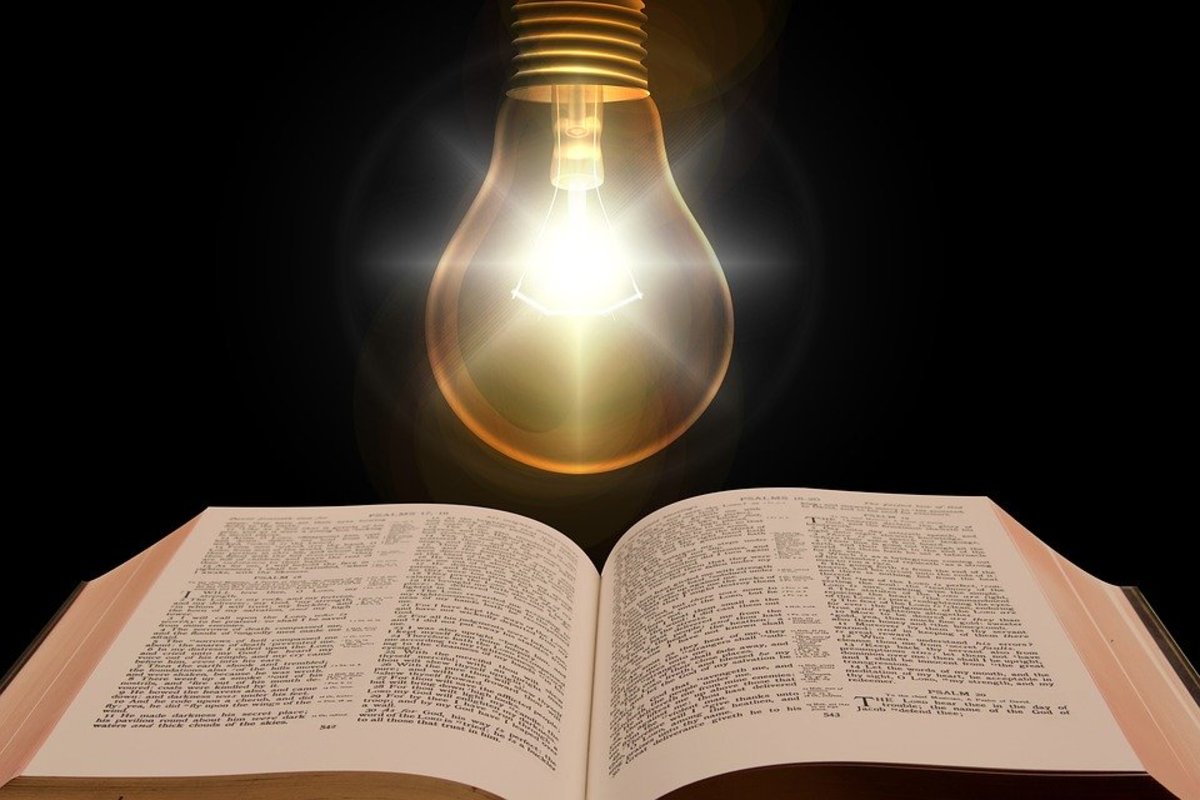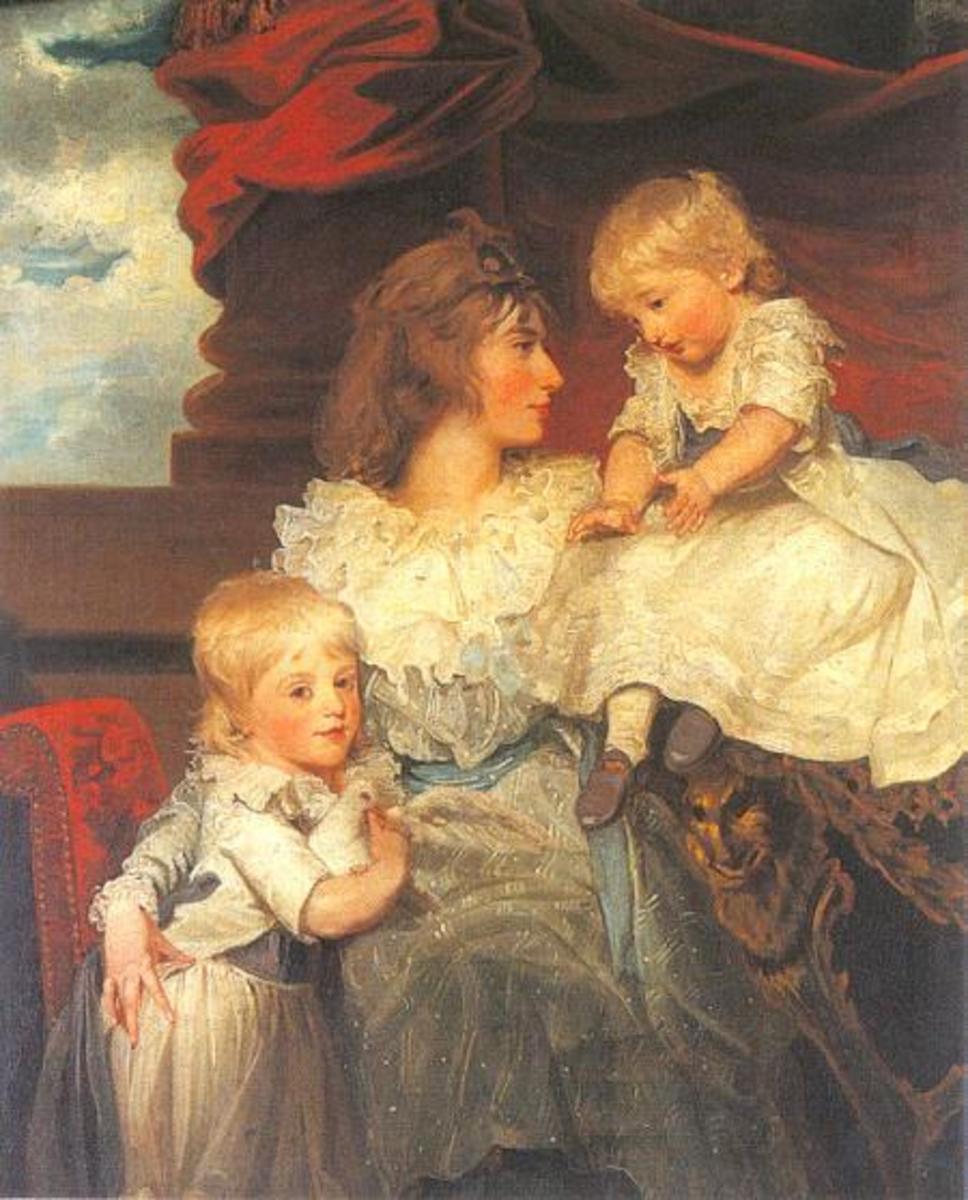Study Of Mother’s Day From Indian Perspective: In Retrospect to Contemporary
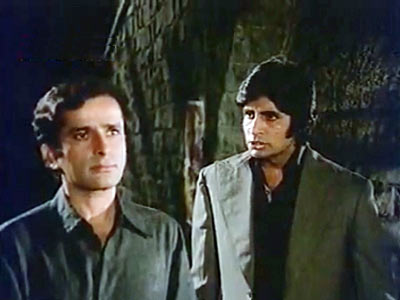
“Mere paas maa hai (I've got mom with me)” – the dialogue from the movie, Deewar, created such a hypnotic fervor among Indians that it became the buzzword in 1975. Unquestionably. the dialogue has the sincerity and courage of acknowledging the significance of mother, to give her the due honor of coming to our life and to make her feel special.
Alas the bygone era, and especially the dialogue, seems to be losing its ground as things with Indian mothers have not changed as they should have been, just because of the fact that offspring of current generation seem to have forsaken the habit of paying tribute to mothers.
The cinematic status-quo of Indian Mothers
The Indian mothers of bygone era had their pathetic delineation in cinema – ragged-tagged, oppressed and thrashed by tanked hubbies and ogled by lust-driven shopkeepers/pedestrians.
So was the pathetic representation of Indian mothers in movies that the idea of Indian mothers had become certain mainstream concept, picturising an image of oppressed and insulated ladies.
The noteworthy depiction in those movies showing off grief-stricken moms also evinced the culmination of MAMTA (motherhood) wherein mothers willfully absorbed the pang of hunger lest their hungry kids should spend a sleepless night empty stomach!
Such was the phenomenal proclivity of cinematic mothers; representing an idea of TYAG KI DEVI (the deity renouncing temporal pleasure for the sake of children).
That was totally wonderful, absolutely unique and so utterly incredible presentation that most Indians held mothers with high regard; poets positioned them in their poetry, and school syllabus borrowed the idea of motherhood from living life example of those worldwide mothers, whose incredible sacrifice for their family was exemplary. The government announced many schemes for the welfare of Indian mothers.
Nirupa Roy: The Perfect Mother
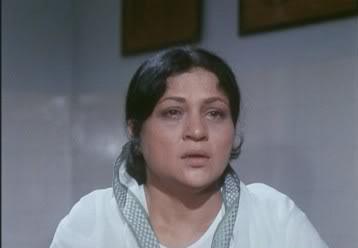
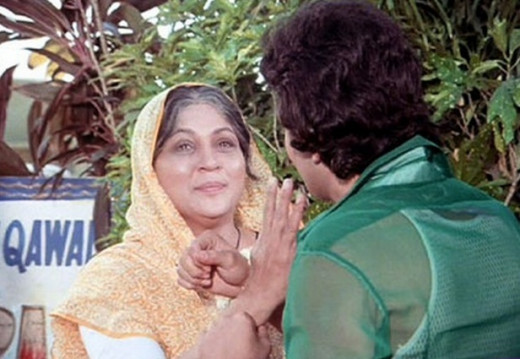
The Status Of Indian Mothers:
To larger extent, the Indian mindset towards mothers is the mixed with both the love and the abandonment.
Though much analysis and facts-proven reports needed to substantiate the true picture of Indian mothers in 2014, however, going by the random media reports, at least a sort of generalization can be made to draw a conclusion.
Basically India is a secular country housing people of different religions and where Hindus dominate the large portion of entire Indian population consisting of people from other religions.
However, to make it precise, Hindus and Muslims are two key beings that influence the entire Indian population matrix. And factually, to draw a conclusion about Indian mothers, a depth study of mothers from these two religions is needed.
As I've mentioned above, if we go by the media reports, what conclusion we draw out presents a disturbing picture of Indian mothers, especially those mothers with outskirt settlements in villages.
Their conditions have not improved much as oppression on them is still a common sight in most homes; tanked hubbies cursing them with foul words, adult children shouting at mothers to do their works (foods, dress, seeing off for school etc.) and a lot more scenes giving out a poor depiction of Indian mothers as if they are born to subjugate their life to the service of their family in return of nothing.
At this point, if I conclude my narration, then I conjure up Indian mothers’ status resemble not less than the status of those prisoners forced down to clean floors and do household chores without being appreciated with a single kind word.
The Status Of Modern Indian Mothers:
At least their status is far better than those mothers living in villages. However, in this section of my narrative I just assume the status of prospered, happy and educated moms on the ground of media reports and my witnessing many moms in metropolitan Indian cities living their life happily with children.
The modern Indian mothers (hold on, with my saying them modern includes my assumption that they are intellectual and educated with life’s experience regardless of what messy past they've had) are smart in many ways.
They know how to care children even though their hectic schedules don’t allow them to mingle with their own kids.
To ensure safety of their kids, they actually hire babysitters and get feedback when they are away from home. Means there are many modern moms who are never forgetful to their children and take out time to celebrate their birthday and spend quality time in leisure.
However, it is really difficult to draw out a conclusion about the mentality of modern kids for their mothers. While you may find many adoring their mothers, there are also large number of youth who don’t remember the day of mother’s day let alone wishing them good luck in the morning or following erstwhile Indian tradition, Namaste, or touching feet.
Gone are the days when kids touched feet of their parents, wished them good luck and looked after their parents in need.
Those traditions are (sadly) getting faded into legend.
What I actually wanted to say that the status of modern Indian women is better as compared to the ones living in villages. The disturbing thing is that (most) current generation children have not so much regard for mothers.
Even in their own contemporary world, modern mothers face humiliation from kids oftentimes. To say the least, most mothers never fail to do their motherly responsibility in terms of giving proper care and attention to their children, but things are pretty ugly when it comes to expecting children to acknowledge the love bestowed upon them by their mothers.
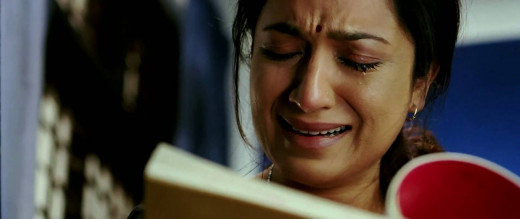
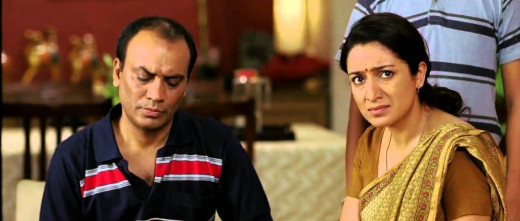

Mother’s Day Vs. Valentine’s Day:
If you ask me which of the two festivals that is most common in India, I would prefer the latter option.
Why?
Because the way we Indians are forgetting or tend to ignore our ancient culture of respecting mothers and the way we so enthusiastically adopt the culture which has been alien to us for decades, days to come will witness the ascendancy of such foreign culture and downfall of Indian Samsakara.
Those renouncing the belief of respecting motherland, its culture and religious legacy indirectly welcome the assail of foreign things to rule over their life.
On the ground of comparison between Mother’s Day and Valentine’s Day, the latter has its ascendancy over the previous according to one specific reason; that we so called modern Indians prefer worshiping girlfriends over moms.
You can ask any greeting-cards sellers in India and learn the difference between the sale of Mother Day’s and Valentine’s Day greeting cards.
We may find it hard to purchase a greeting card to send wishes of good luck to our mom, but most of us are so effusive to express their love that we flick through expensive cards for our girl/boyfriends.
Even in this Internet-enabled era, we Indians have no time for mothers. While some of us do send good wishes to mom, the large numbers of us don’t because of reasons best known to themselves.
End Note
It’s saddening to see how low we have downgraded our morality. A mother which has been the symbol of sacrifice for the sake of her family is still deprived of the love she deserves from husband, children and from society.
Where the tradition of loving mom gone?
Are we to witness the end of presence of mom in our life?
If going by the increasing number of surrogacy, will Indian culture of giving mom her due credit and honor be doomed?
Most importantly, what are we going to gift our posterity, a motherless world?
Disclaimer:
The narration is entirely personal and doesn't mean to hurt anyone’s feelings. Thoughts conveyed through the article is mixed version of assumption and the account of subjective analysis of the writer.



